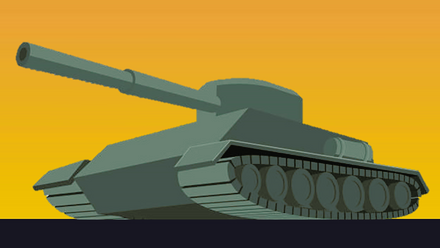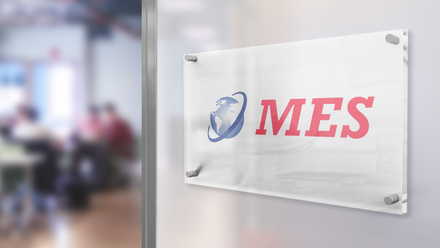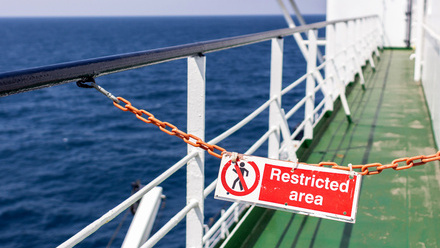Safety at sea
Navy warships can be high-pressure and high-risk environments where reducing the risk of errors is vital. Sleep-related fatigue is one factor that can have a damaging effect on performance and safety, so new research has explored different ways of tracking sailors’ sleep using wearable devices.
The study involved 845 individuals on five US Navy ships during operations lasting between 10 and 31 days. They each wore two different commercially available devices – one worn around their wrist and another on a finger – and checked in every day with researchers. Participants also completed surveys about their sleep quality and behaviours linked to health.
The devices measured the duration of sleep, sleep efficiency, how long it took to fall asleep and how long it took to wake up. At the end of the study, the sailors were asked to what extent the devices had interfered with other activities, how comfortable they were and whether they’d like to use them more often.
Researchers found that men were more likely to find the devices comfortable than women and the wearables were used more frequently by older participants.
The research paper, published in the journal Applied Ergonomics, said: “This study provides initial support that commercial personal status monitor (PSM) devices can be used to reliably collect and eventually monitor sleep data in US Navy warship environments.
“Additionally, the findings may help to inform initial feasibility estimates in similar military and civilian operational environments; however, as noted, future research must continue to assess feasibility across naval units that vary in size, mission type and organizational structure. Several key implementation factors will need to be addressed to provide on-demand sleep monitoring from commercial PSMs. As these factors are addressed, the value of this capability to aid in the monitoring and management of fatigue can be assessed.”





